What’s coming next? Forecasting the future of tech-based beauty

Bespoke products & deeper discovery
Canvas 8’s beauty expert Anita Bhagwandas said:
“Personalisation within the beauty and skincare industry will ramp up in the coming year, particularly with the advancement of AI. Consumers seeking tailored products will be key. This could become widespread that consumers can go into a shop and have a bespoke foundation made for them – especially if it’s reasonably priced and accessible. The knock-on effect of this could be that people would buy a little bit less and buy better, which we’re seeing as people become more aware of fast beauty.
However, there are concerns about the potential losses that could come from increased personalisation, especially concerning AI. Every time we have an advancement in technology, we rush into it and then forget what might be lost or what the cost will be. This will be considered more heavily within the beauty space, along with retaining human interaction within the beauty industry as it develops.
The amalgamation of beauty and technology is also primed to shift gears in 2024 – and it’s a conversation that has everyone talking. Given that 42% of beauty consumers across China, France, Germany, Italy, the UK, and the US say that they enjoy trying new brands, the hyper-personalisation engendered by AI-driven experiences is set to fuel deeper discovery within existing product lines and vital in maintaining loyalty in the future. Charlotte Tilbury, for example, is using AI to shade match and AR to overlay virtual products on faces, while Elizabeth Arden is using generative AI to build a new virtual store.”
Targeting ‘moments’ & switching to tech-powered professional treatments
Ashley Kang, Global Beauty Director at Kantar said:
“Tech will have a big role in makeup and fragrance where quick testing with AR works well, as many brands are already exploring. Consumers will seek out more customised colours and scents for different occasions and events – leading to a wider range of looks. With this rise of personalisation, we will see the market start to target the ‘moment’ more than the consumer - as it looks to address these various personas within ourselves.
The professional facial treatment market continues to grow quickly, thanks to improved accessibility and affordability. Awareness and take up of professional treatments is growing, due to better affordability and an ageing population. We may see consumers start to rely more on professional services, which will result in a change of expectations from traditional topical beauty brands. The rise of the derma, sensitive care and repair categories are all partly driven by the professional treatment space. This industry could potentially be a threat to the Prestige Beauty sector where consumers may feel less inclined to pay for a high-ticket item, when they know professional treatments work.
With the rise of tech-enabled devices that allow products to penetrate the skin more deeply, consumers will continue to seek out more natural and safer ingredients. They will also start to search out complex ingredients – similarly to the education and adoption journey that consumers have been on with health supplements; starting with multi vitamin (multi-care) and gradually moving towards options that address specific symptoms such as Q10, melatonin and so on. The same thing applies in beauty where consumers are now looking for ingredients such as AHA, BHA and niacinamide in their products, driven by education via social media.”
Connected beauty rises while Metaverse falls
Sophie Mitchell, Associate Analyst at GlobalData said:
“From an Internet of Things (IoT) and personalisation perspective, even if brands are not bringing out smart tech, they will need to leverage the data captured from the IoT to personalise their products and experience to remain competitive. Technology has raised the bar in terms of consumers’ expectations of beauty products and tools. There is also the aspect to smart tech where consumers are willing to fork out the initial payment for beauty tech if it saves them money on salon trips in the long run.
The metaverse side of technology is likely to be far less important in shaping the beauty industry. One of the theoretical advantages of beauty brands using the metaverse is the opportunity to use AR/ VR to virtually try on products. However, research conducted by GlobalData in July found that 63.7% of consumers would never make a purchase in the metaverse and 37% of those stated that this was because they would prefer to try on products instore*. This renders this theoretical advantage of the metaverse obsolete, raising the question as to why retailers are still investing in it, if consumers are uninterested in buying products through the metaverse, having tried them on virtually first.”

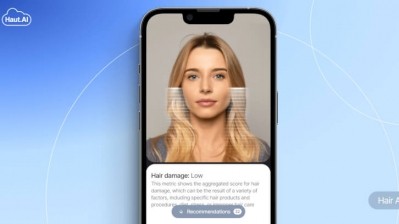

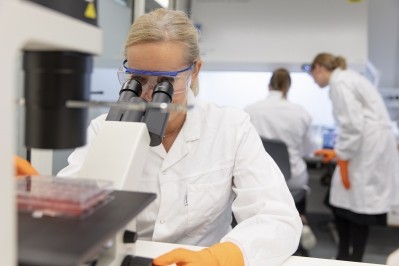
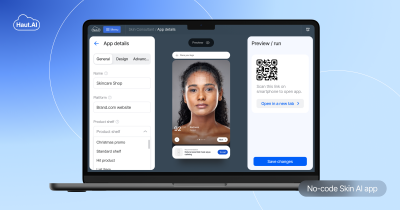



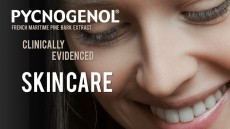
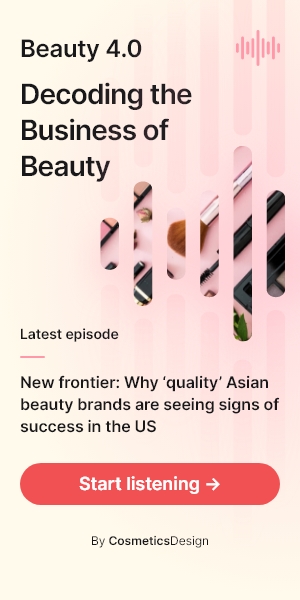

![Chinese study highlights mental health challenges in atopic dermatitis, emphasising holistic patient care. [Getty Images]](jpg/chinese-research-linking-atopic-dermatitis-to-mental-health-underscores-need-for-holistic-care-2.jpg)








